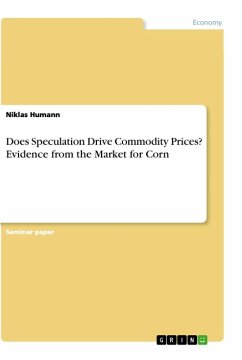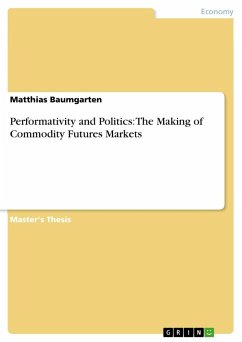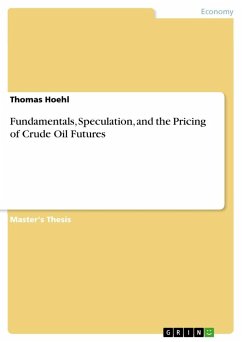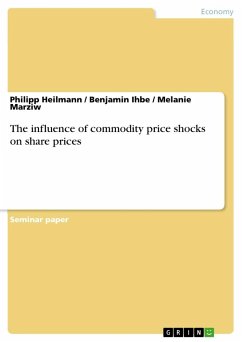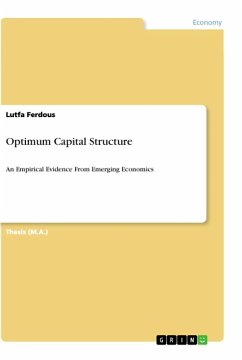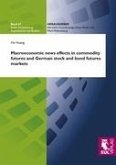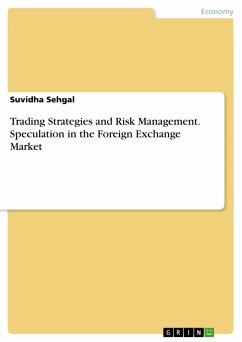Seminar paper from the year 2020 in the subject Economics - Finance, grade: 1,0, University of Münster, language: English, abstract: This seminar paper reviews the literature on futures markets as well as the recent food crisis and presents an empirical investigation of the influence of (index) speculation on the corn price. My findings are in line with most of the other empirical conclusions that, rather than speculation, factors from the real and monetary economy played a role in the spike of commodity prices. For centuries, corn has been one of the most produced crops in the world, used to feed people, livestock and machines. During the last quarter of the twentieth-century, world food prices declined by more than 50 percent, thereby improving the nourishment of people all over the world. However, this extensive decline also raised calls for protectionist policies, aimed at defending the welfare of commodity producers. Starting in the early 2000s, all classes of commodities have experienced hefty price increases. The price for corn increased by more than 250 percent in roughly three years (2005-2008). The resulting food crisis devastated low-income communities around the globe, with the already large part of their income they spent on food becoming even more substantial, causing hunger and malnutrition. While a variety of explanations for this crisis have been offered, some were quick to blame excessive (index) speculation.
Hinweis: Dieser Artikel kann nur an eine deutsche Lieferadresse ausgeliefert werden.
Hinweis: Dieser Artikel kann nur an eine deutsche Lieferadresse ausgeliefert werden.

